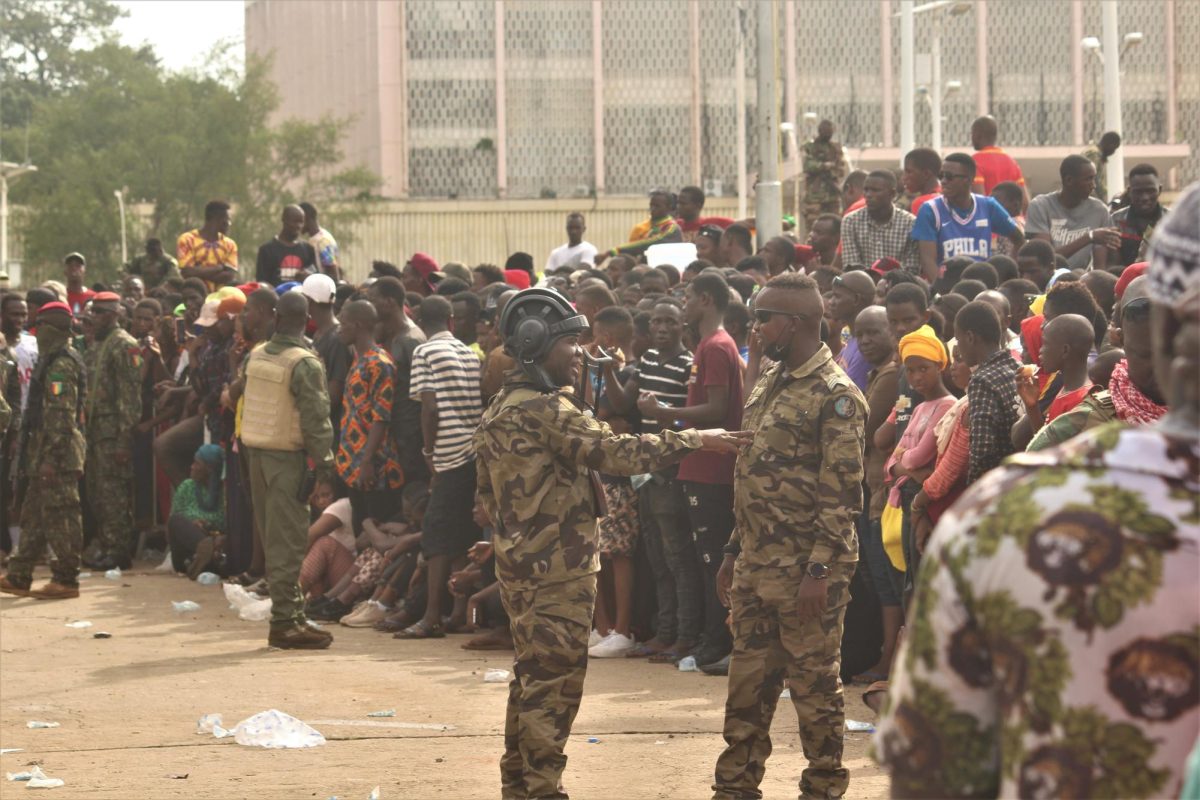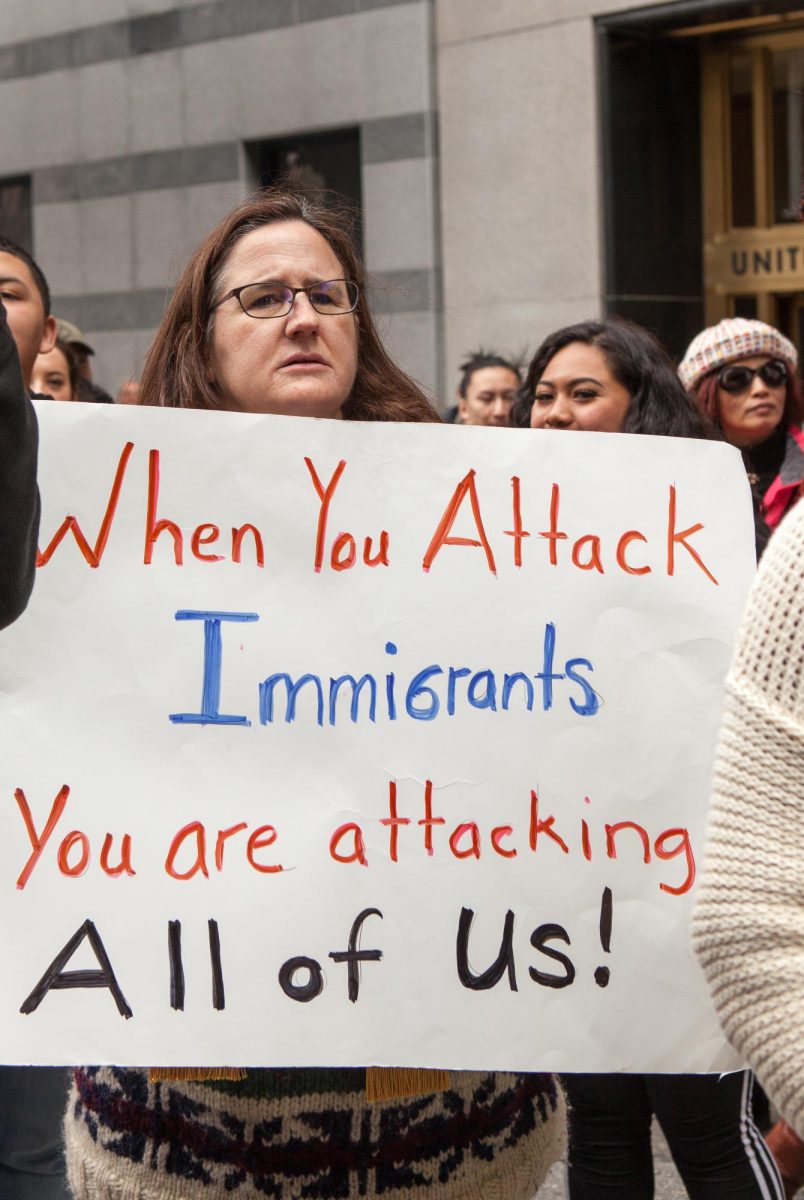In a report published in September 2023, Amnesty International provided a detailed account of allegations concerning Eritrean soldiers. These allegations centered in unlawful killings of civilians and subjecting women to sexual slavery for an extended period following the conclusion of a peace accord the previous year.
The conflict that essentially led to the peace accord initially erupted in November 2020, when Tigrayan forces were pitted against the Ethiopian federal army and its partners, including troops from other Ethiopian regions and neighboring Eritrea.
In 2021, the United States imposed sanctions on Eritrea for deploying its soldiers to Tigray in support of the Ethiopian federal forces. These Eritrean troops were accused of committing acts of murder, sexual assault, and looting throughout the two-year-long conflict.
The dispute led to the loss of hundreds of thousands of lives and was only concluded in November of 2022, when the Ethiopian government and Tigray People’s Liberation Front (TPLF) signed a ceasefire agreement under the African Union’s conciliation. The agreement required the departure of outside forces from the area. Residents of border regions claim that Eritrea’s forces are still deployed in border regions despite the fact that it was not a party to the deal.
Amnesty claimed to have conducted 49 interviews in May and June (all in the bordering areas of Mariam Shewito and Kokob Tsibah), correlating the results with satellite imagery, the testimony of social workers, medical professionals, and government officials.
Tigere Chagutah, Amnesty’s East and Southern Africa director stated, “Despite the signing of the Cessation of Hostilities Agreement, atrocities against civilians in Tigray continued with Eritrean soldiers subjecting women to horrific abuse including rape, gang rape, and sexual enslavement, while civilian men were extrajudicially executed.”
Chagutah also said, “The serious violations documented in this report amount to war crimes and possibly crimes against humanity,” adding that some women were sexually assaulted while others were attacked and imprisoned in their own homes.
According to Amnesty International, a single mother of three reported enduring multiple instances of sexual assault over a three-month period while being held in a military facility with 14 other women. She recounted, “They continuously subjected me to sexual violence,” and she went on to describe how the soldiers also denied their victims access to food and water.
Another woman, aged 37, shared her harrowing experience, disclosing that she was subjected to physical beatings and sexual assaults for nearly three months by soldiers who entered her own house.
Amnesty also gathered information from interviews with survivors, witnesses, victims’ relatives, and local officials on the execution of 24 people, including one woman, between November 2022 and January 2023.
Additionally, according to Amnesty, authorities in Ethiopia and Eritrea have not answered back to the organization’s initial findings.
Earlier this year, officials from both countries rejected the conclusion made by the US Department of State, which asserted that their respective armies, along with all parties involved in the conflict, had committed war crimes.
Ethiopia’s Ministry of Foreign Affairs dismissed the U.S. claims as “inflammatory” and “inopportune,” while the Eritrean Ministry of Foreign Affairs labeled them as “unsubstantiated and damaging.”
In a statement issued in March of this year, the Ethiopian Foreign Ministry remarked, “Such attribution of culpability is unwarranted and undermines U.S. support for an inclusive peace process in Ethiopia.”
As of September 2023, Ethiopia has consistently rejected any international attempts to investigate abuses connected to the Tigray conflict, expressing concerns that such investigations could possibly undermine the advances made through the African Union-mediated peace agreement.
However, on September 23, 2023, Ethiopian Deputy Prime Minister Demeke Mekonnen Hassen conveyed to the United Nations on Saturday that his country is eager to make quicker implementation of the peace agreement in Tigray.
Demeke stated in his address to the U.N. General Assembly, “The implementation of the agreement continues to make significant progress despite some delays in the execution of the disarmament, demobilization and reintegration process.”
Demeke asserted that Prime Minister Abiy Ahmed’s government, despite facing significant criticism from the US regarding alleged human rights violations, remained “committed to consolidate peace and stability throughout the country.”
He emphasized that the agreement facilitated in South Africa by the African Union, “is a practical embodiment of African solutions to African problems.”
However, the situation is complicated by the fact that forces from the neighboring Amhara region still maintain control over Western Tigray, which presents a potentially dangerous situation.













